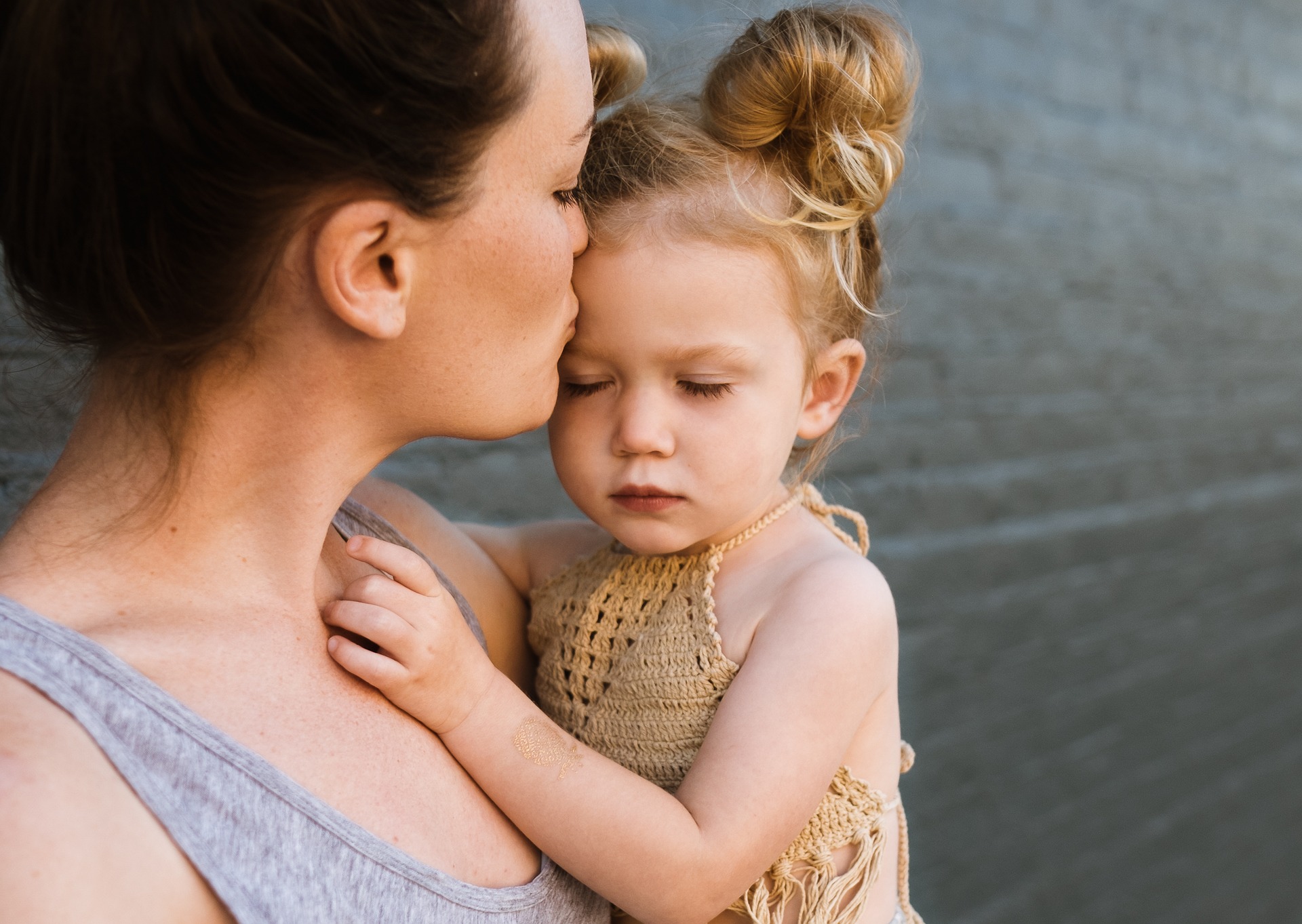We Must Discipline our Children, but Always with Love
A discussion about the need to discipline younger children.
It is essential, we must discipline our children with love. There are no exceptions to the rule. I am sharing from my own experiences what I have learned along the way, and from observing how other people discipline. Our children do not come into this world with a user guide, and most of us are not trained counsellors. Neither was I. So, I do not claim to know how to deal with serious issues such as kids being completely out of control. I am talking about normal everyday behavior and the importance of teaching our children how to behave properly. I believe children should be helped to understand the difference between needs and wants. You may find this link helpful if you have an out of control toddler.
Children need to be disciplined but always at an age-appropriate level, and always with love. People punish newborn babies when they cry. That is not only ridiculous but also child abuse, a baby has no idea what you want from her. Crying is their only form of communication; they are trying to tell you something. Perhaps they are hungry, cold, lonely, in pain and so on. I know of children being spanked at a very early age. Like I already stated, punishment at this age is child abuse, so, don’t use discipline on children who cannot know what you want from them.
When you need to discipline a preschooler remember, we must discipline our children with love.. This is essential to the well being of the child.
What it means to discipline with love;
♥ Encouraging healthy habits.
♥ Saying “no” when saying “yes” would be so much easier.
♥ Teaching boundaries and limits.
♥ Being non-manipulative.
♥ Negotiating in an age appropriate style.
♥ Using unconditional love.
♥ Teaching that there are consequences to all our actions.
♥ Offering encouragement and support with tasks, but not accomplishing the task for the them.
♥ Encouraging communication.
♥ Teaching skills for healthier or better ways to live and /or to survive.
♥ Encourages independence, it says, “I trust you to be able to do this on your own, you’ll be just fine.”
♥ Uses empathy (I understand how you must be feeling, but you can do this on your own). Does not use sympathy ( I feel sorry for you, so I’ll do this for you).
♥ Does not support of self pity stories.
♥ Encouraging strength not weakness.
♥ Allowing others to do for themselves. Tasks must be age appropriate, a 5 year old shouldn’t have to babysit the 2 year old while you sleep in or do your own thing.
♥ Expects respect, cooperation and pleasant behavior (you should be respectful as well)
